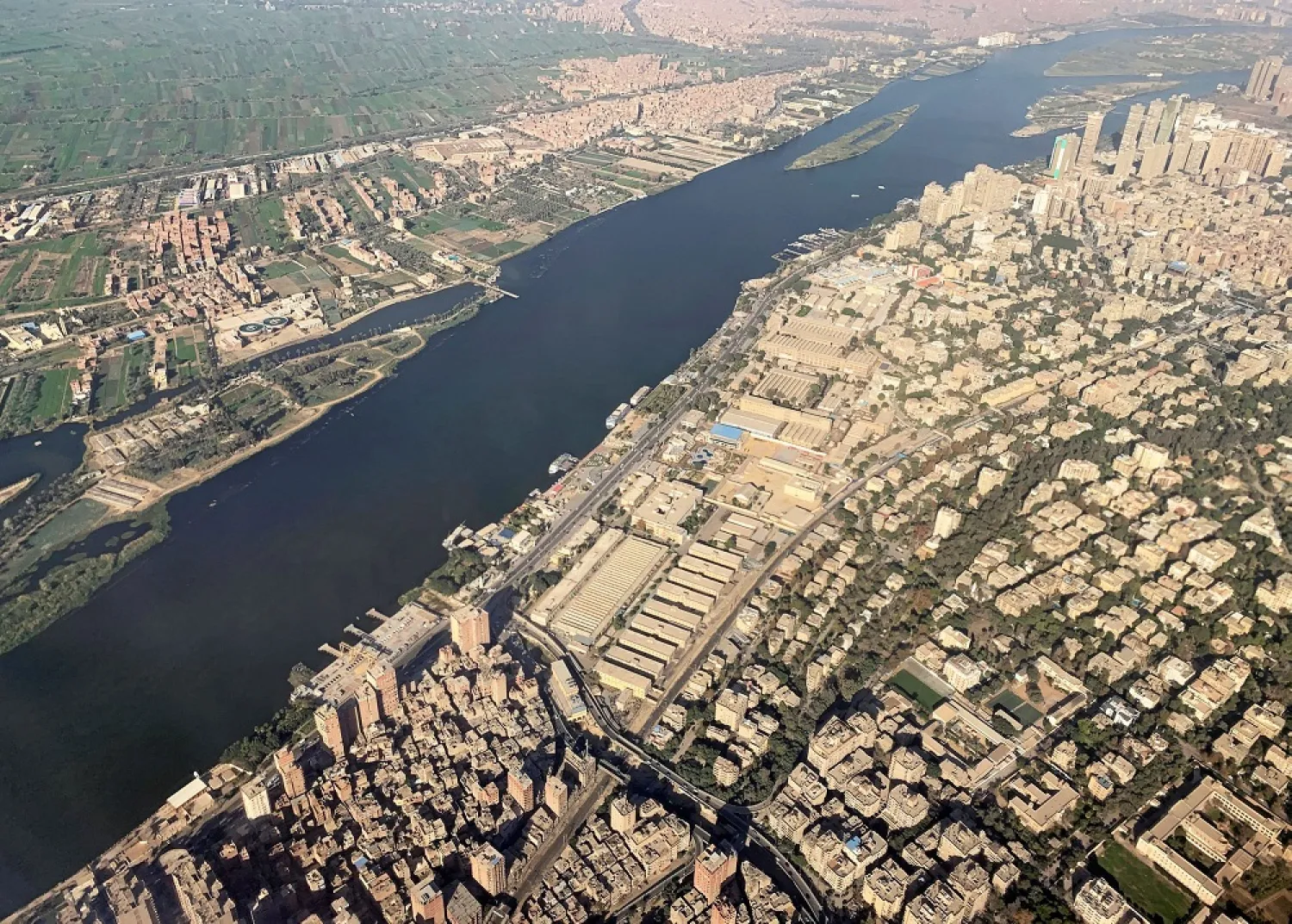Egypt has called for the upgrading of all national plans related to water and climate around the world.
It stressed the importance of reinforcing integration among global initiatives and activities in the environmental field and limiting the risks of disasters, immigration, and displacement.
Egypt’s Minister of Water Resources and Irrigation Mohamed Abdel Aty participated virtually a panel discussion, "Dialogue on Water Scarcity and Migration — Challenges and Opportunities for Sustainable Development in the Middle East and North Africa", on the sidelines of the MENA’s Climate Week in the UAE on Saturday.
He said there are many forms of migration and population displacement caused by water scarcity, which is being exacerbated by climate change.
Some examples are the decline in water levels in Lake Chad in Central Africa and the resulting tensions regarding water and the emergence of terrorist groups.
The minister also noted the apparent impact of climate change on the hydrological cycle of water and on freshwater supplies around the world, which poses a serious threat to water security, food security, livelihoods, and ecosystems.
Furthermore, he pointed to the severe impact on delta regions as a result of the rise in sea level and the flooding of densely populated cities, which confirms the importance of achieving regional cooperation between countries on the basis of mutual benefit in the field of climate adaptation.
Abdel Aty referred to the Intergovernmental Panel on Climate Change (IPCC) report, which made it clear that climate change is increasingly leading to displacement and involuntary migration, and the resulting humanitarian crises around the world.
The minister further added that the World Bank estimates that the MENA region can lose up to 14 percent of its gross national product by 2050 due to water stress, as indicated by the IPCC report, which showed that effective and sustainable water management reduces the severity of the effects of climate change.
Moreover, the minister stressed that Egypt is close to the limit of water scarcity, as the per capita share of water is about 560 cubic meters annually, and that 40 percent of the labor force in Egypt depends on agriculture as a main source of income.
He noted that to meet these challenges, Egypt has drawn up a national plan to manage water resources until 2037, with investments amounting to $50 billion that are expected to increase to $100 billion.









